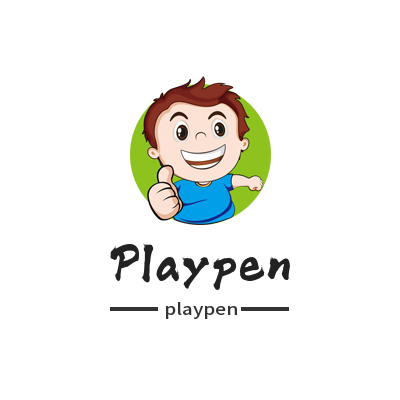A playpen with toys can provide additional stimulation and entertainment for children, but the exact amount of help for intellectual development may vary from individual to individual.
Toys can stimulate children's curiosity, exploration and imagination, and promote their sensory and motor development. Placing age-appropriate toys in a playpen can provide children with tactile, auditory and visual stimulation, encouraging them to explore and interact. This stimulation and interaction can contribute to children's cognitive, language, social and motor development.
However, it is important to realize that children's intellectual development is a comprehensive process that is influenced by multiple factors such as genetics, environment, learning opportunities, and parent-child interaction. While a playpen with toys can provide a certain level of stimulation and entertainment for children, it does not alone determine a child's intellectual development.
In terms of promoting children's intellectual development, meaningful interactions with children, providing rich learning opportunities, and encouraging exploration and creativity are all more important factors. Activities such as playing with children, reading books, telling stories, asking questions, solving problems, etc. can promote their intellectual development more comprehensively.
Therefore, a playpen with toys can provide entertainment and stimulation to children, but it is not the only factor in intellectual development. Parents and caregivers should support and promote children's all-round development by interacting with children and providing diverse learning opportunities.

When it comes to the relationship between toys and children's intellectual development, here's some additional information:
The impact of toys on child development: Appropriate toy selection and use can have a positive impact on a child’s intellectual, cognitive, perceptual, motor and social development. Toys stimulate children's curiosity, creativity and problem-solving skills and help them develop spatial cognition, hand-eye coordination and fine motor skills. In addition, some educational toys can provide opportunities for learning and language development.
Principles for selecting toys: When choosing toys, the age, interests and development stage of the child should be considered. Age-appropriate toys excite children and match their ability levels. Choose toys that are diverse and open-ended to encourage children's creativity and imagination. In addition, quality and safety are also important factors to consider when choosing toys.
Toys and parent-child interaction: Toys are not only entertainment tools for children, but more importantly, parent-child interaction with children. Playing and exploring toys with your children can promote the development of parent-child relationships and enhance communication and emotional connections. This type of parent-child interaction can provide children with emotional safety and support in their learning and development.
Diverse learning opportunities: In addition to toys, children’s intellectual development also requires diverse learning opportunities. Activities with children such as reading books, visiting museums, outdoor exploration and interaction can provide them with a wide range of learning experiences and promote their intellectual development.
Balance and Moderation: Although toys are beneficial to a child’s development, overreliance on toys may be detrimental to overall development. It is important to maintain a balance so that children have diverse experiences between toys and other learning and exploration activities. Additionally, it is important to use toys in moderation and avoid overreliance on specific types of toys or excessive electronic media.
In summary, toys can provide beneficial stimulation and learning opportunities for children's intellectual development. However, toys are only one aspect of intellectual development and are closely related to the home environment, parent-child interaction and other learning opportunities. Close involvement of parents and carers and the provision of diverse learning experiences are vital to the overall development of children.

